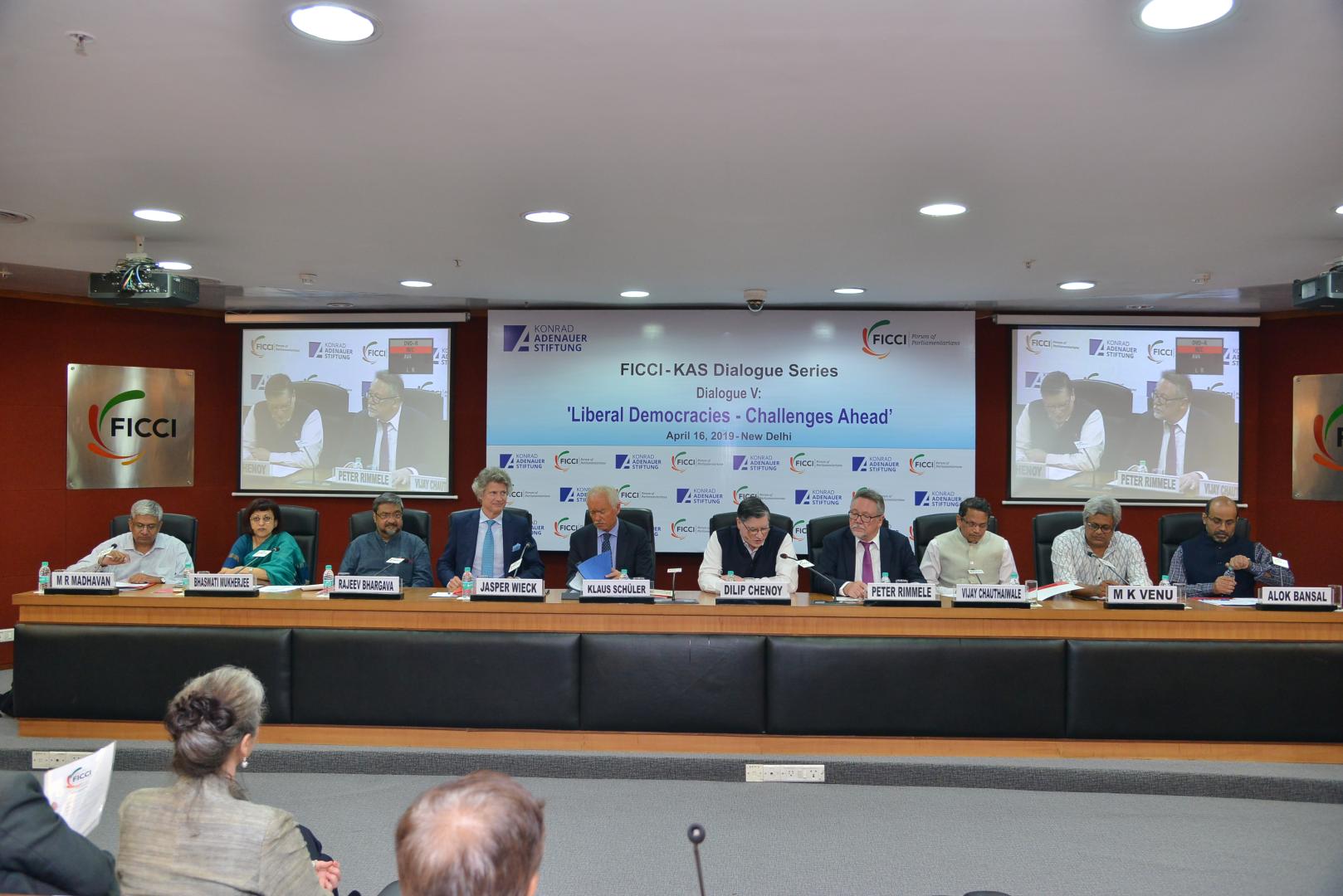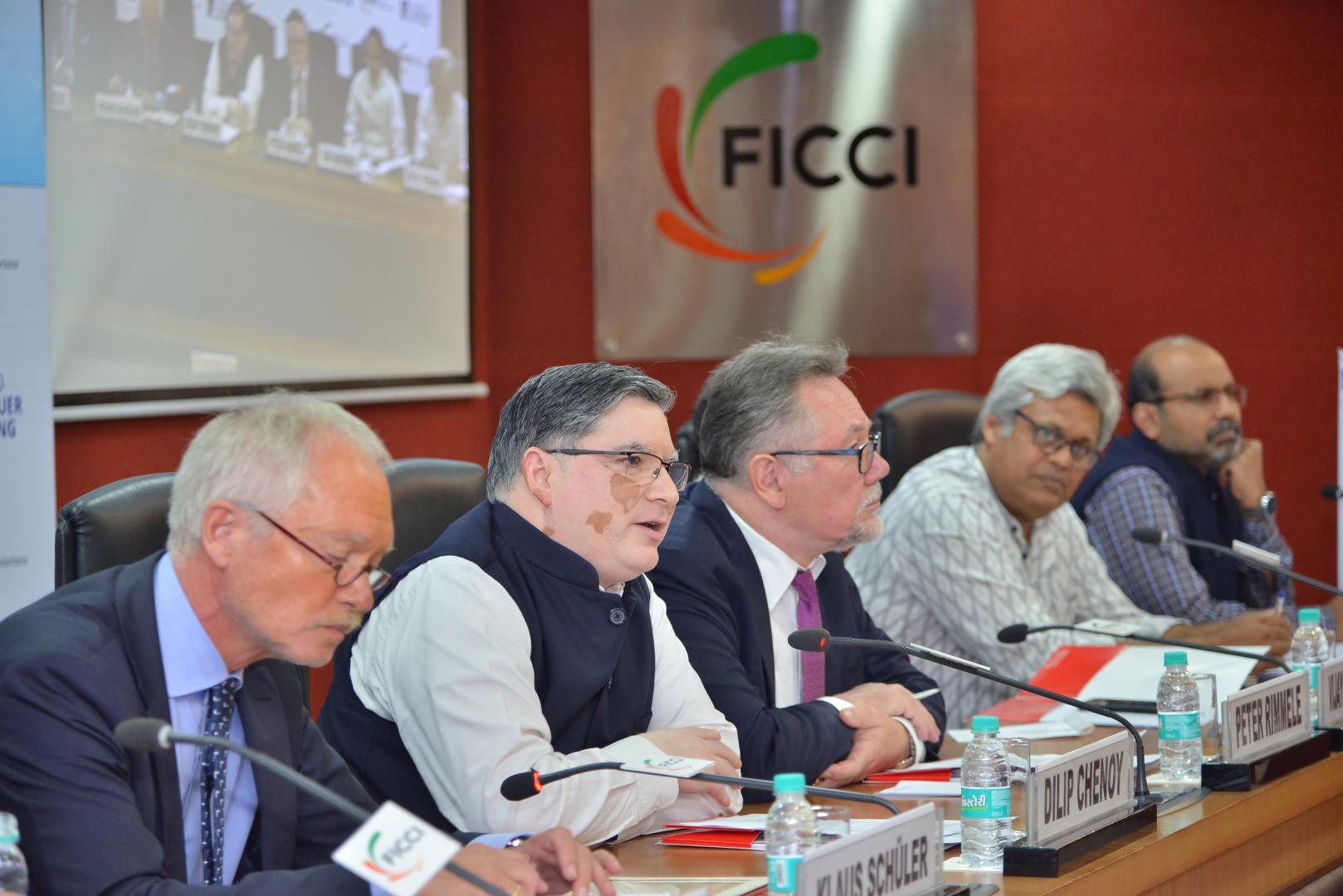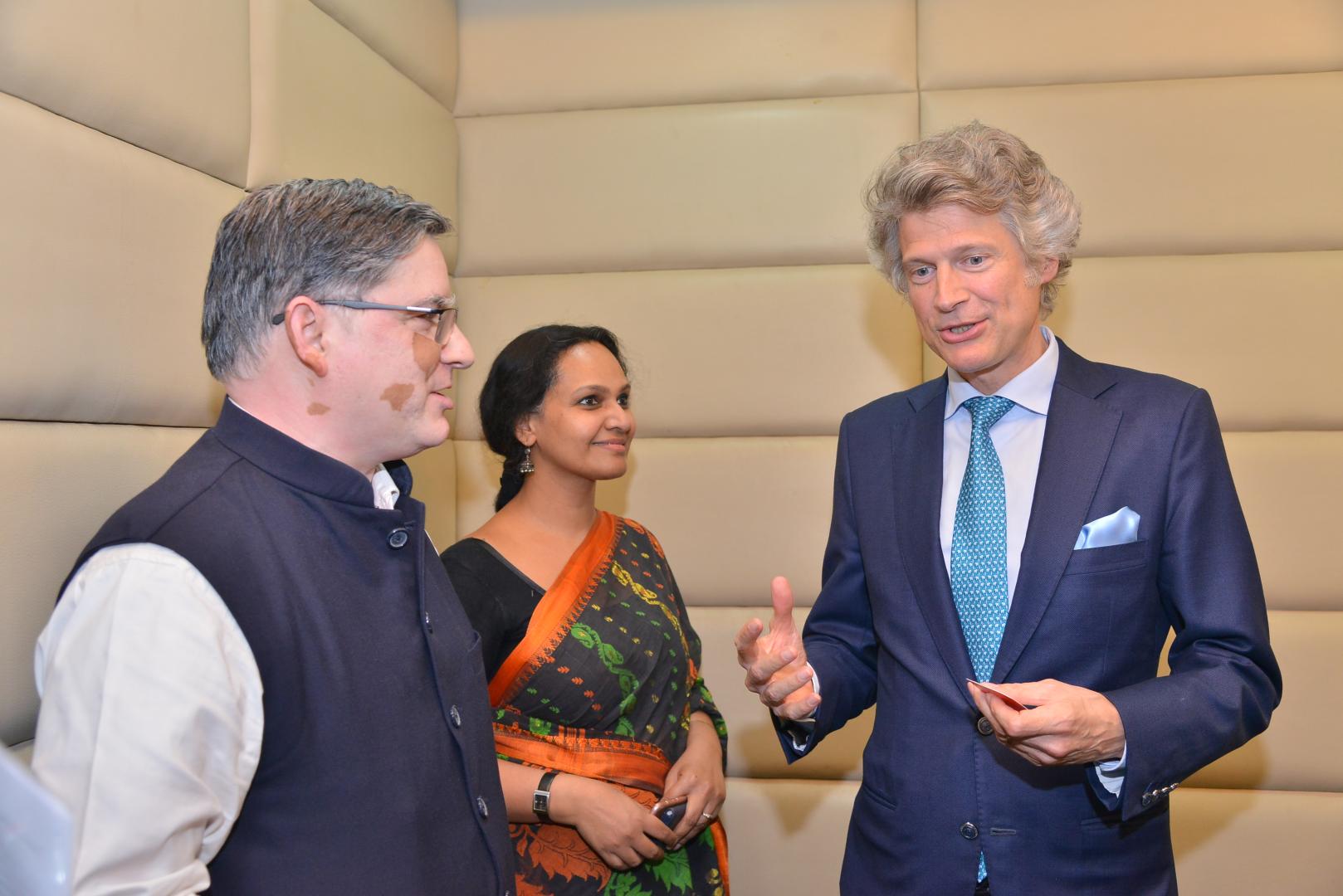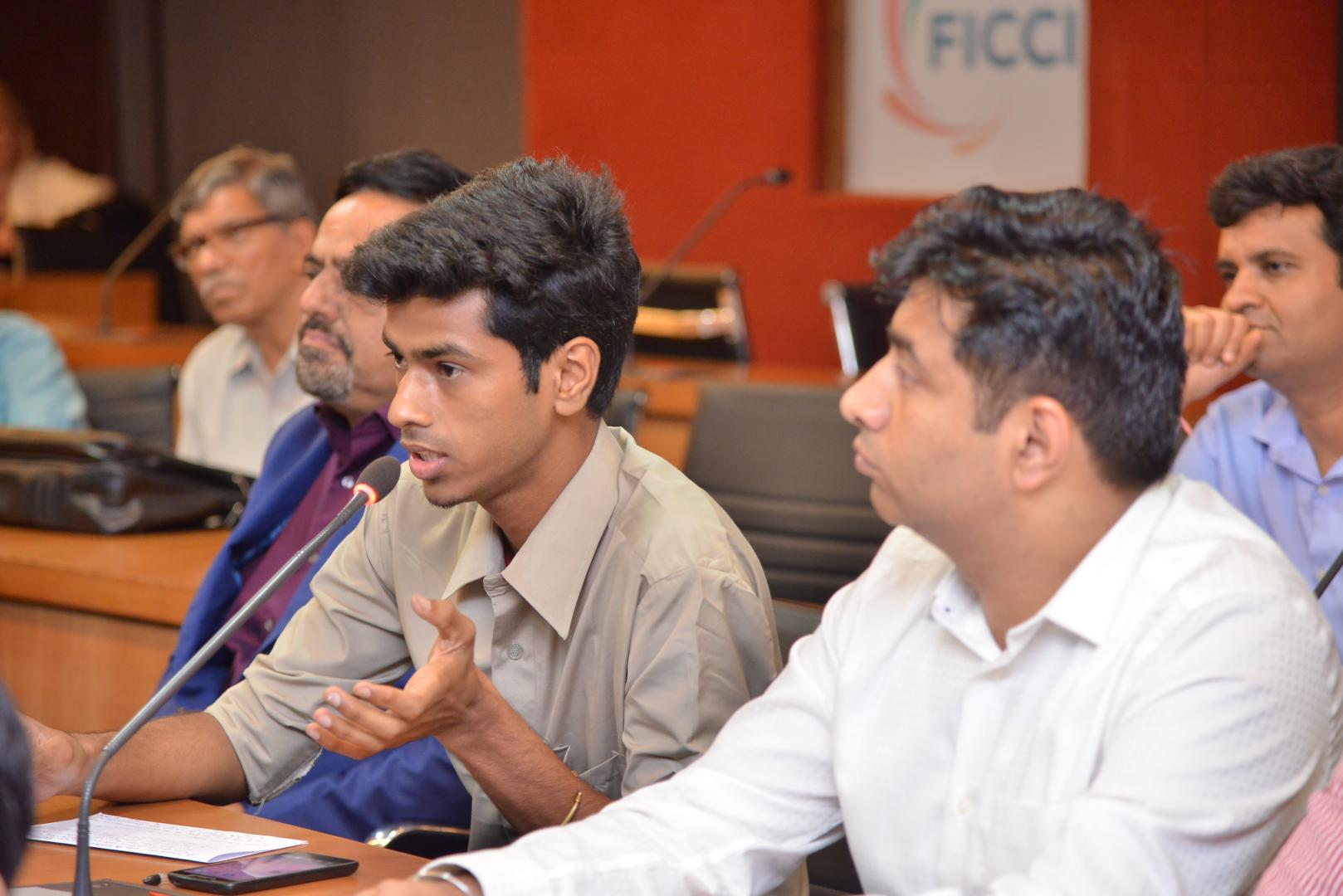Event reports
The German Elections 2017 proved to be a turning point in the history of the Federal Republic of Germany, and the year that followed was described as the most disruptive year ever since the nation´s founding in 1949. A strong chancellorship, a stable government, the long-standing transatlantic relationship and an ever closer European Union could suddenly not be taken for granted anymore. What´s more, the year eventually laid bare deep cleavages in the German society due to the influx of refguees. However, Dr. Schüler pointed out that there is “Quality in disruption” and that unknown chances will surface and possibilities will open up which couldn’t have been predicted.
Of all the internal and external threats that the Federal Republic had to tackle within the past, the dissolution of the transatlantic partnerships might be the most discernible one. America´s volte face from multilateralism and the rules-based global order did not only lastingly hurt the European-US relationships, but paved the way for a new phenomenon of the 21st Century: The Comeback of Walls. 30 years after the fall of the Berlin Wall, the world sees an ever increasing number of walls- concrete walls as well as mental walls. Countries that for decades have been incorporated under the term “the West” have started drifting apart. The current world order doesn`t resemble the state of the 20th Century anymore; instead we find ourselves in a transitional period where governing regulations and norms are yet to be defined.
Adding to this, liberal political parties suffer a decreasing popularity. Right-wing populists are on the rise, blaming the establishment for economic losses and a waning cultural heritage that they claim is induced by an influx of Muslim migrants. Dr. Schüler, who has successfully headed the CDU- election campaigns since Angela Merkel has assumed the chairwoman´s office of the governing party, presented his party´s counterstrategy towards vanishing democratic support. He urged politicians to listen and communicate with the people, to get re-connected to and deliver results for them, as he states that “It´s about the people, not the politicians and the media”.
After his Keynote speech, the panelists gave critical assessments about the post-colonial heritage and the role of the West in balancing out inequalities between the global north and south. Alok Bansal, Director at the Centre for Security and Strategy of the India Foundation, pointed towards the narrow perspectives of European countries when assessing the problems and solutions of developing countries. In this context, Mr. M K Venu, Founding Editor of “The Wire”, urged both parties, the developed countries as well countries of the global south, to build up empathy for each other. Following Dr. Schülers statement, Dr. Jasper Wieck referred to the current world order as a “battle of systems”, where liberal democracies are challenged by authoritarian states. More visible than everywhere else, it was evident in the Indo-Pacific Region. While India is taking upon the duty of conducting the biggest democratic election in the world, its neighbor China excels in digital innovations, yet is disregarding the most basic human rights.
Being asked about his overt reflection of political systems in the West and the actions of German parties in particular during the audience intervention and interaction, Dr. Schüler explained that it is only when you acknowledge your own weaknesses and shortcomings that you will be able to overcome the obstacles.









